Night and day
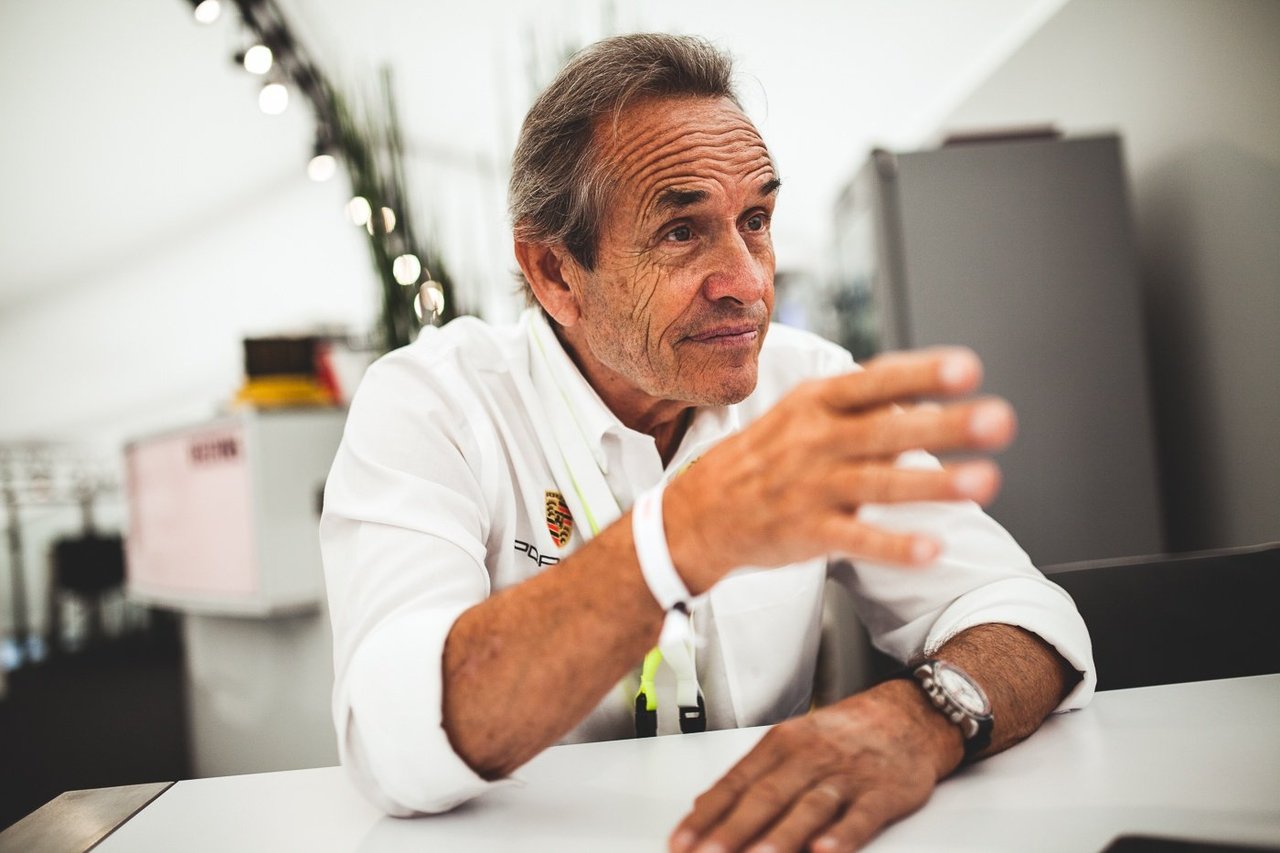
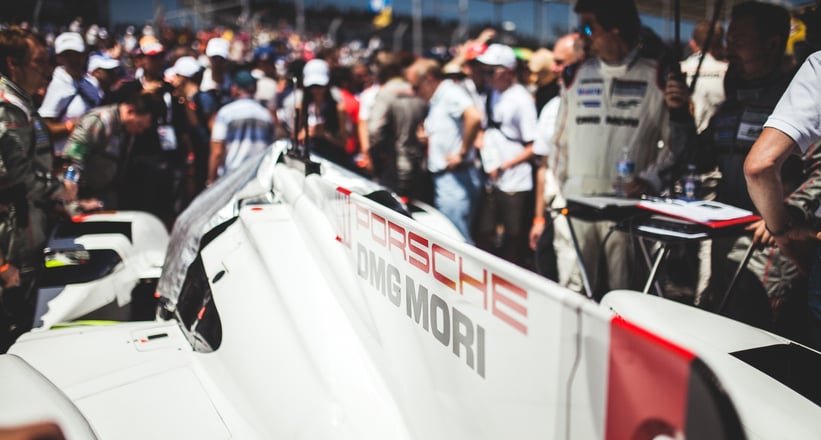
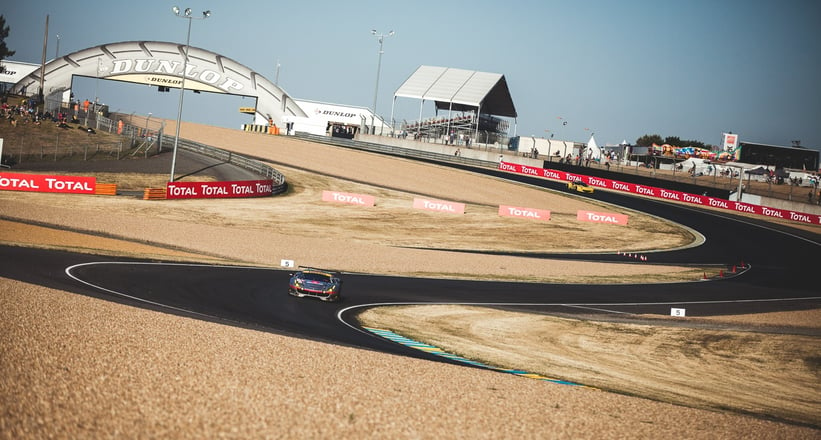
“Perhaps it sounds a little bit too simple to say it, but the difference between the Le Mans from my era and the Le Mans today is night and day,” says Jacky Ickx, almost as soon as we sit down in the glitzy Porsche hospitality centre during this year’s intense 24-hour race. And there are few people more qualified to make that claim — Ickx’s exemplary career record includes eight Formula 1 victories, a Can-Am championship, a Dakar rally, and six Le Mans 24 Hour races, the latter of which were scored over three separate decades.
Road runners
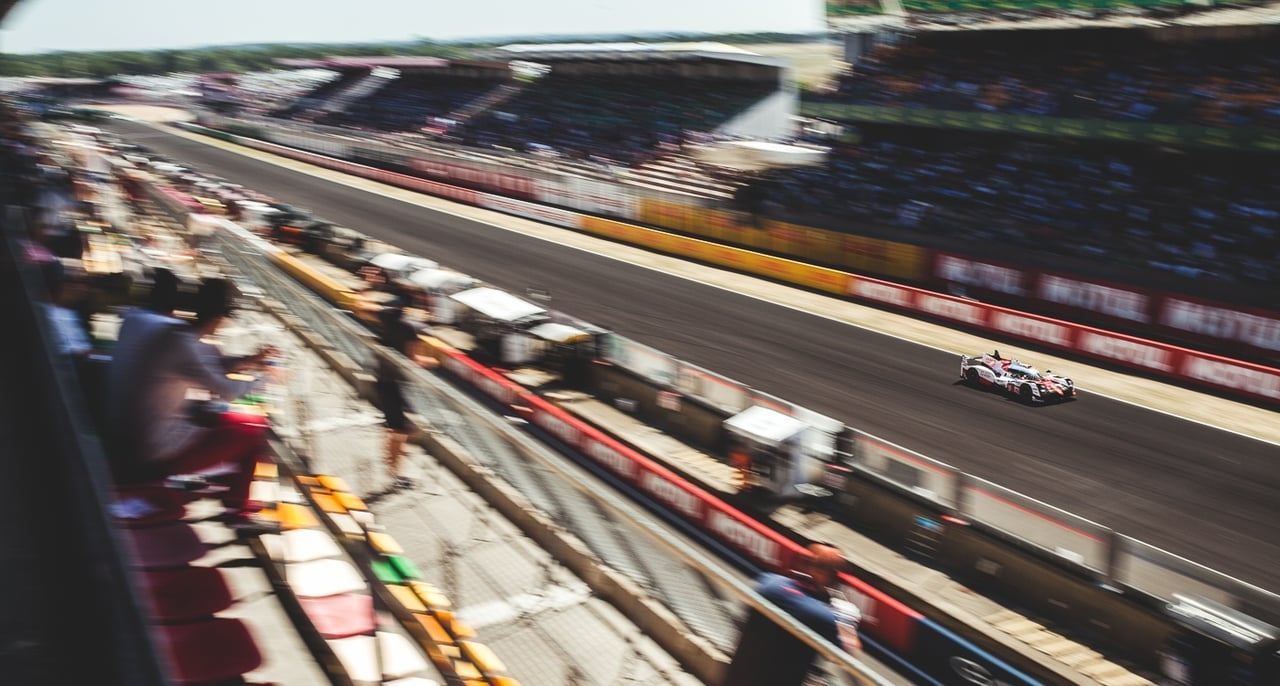
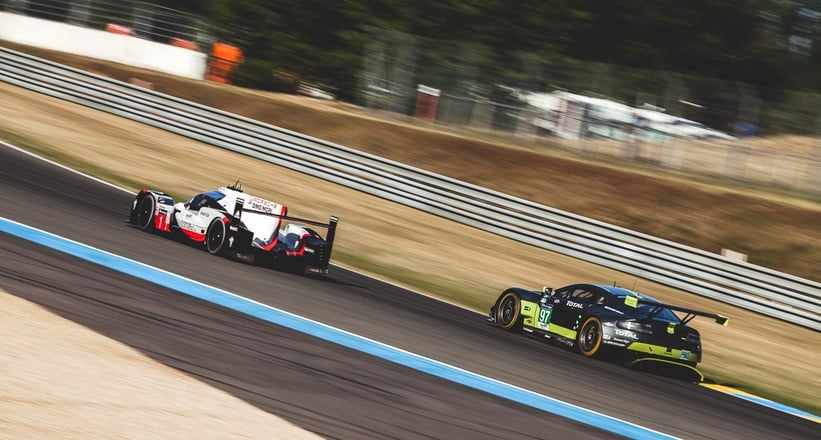
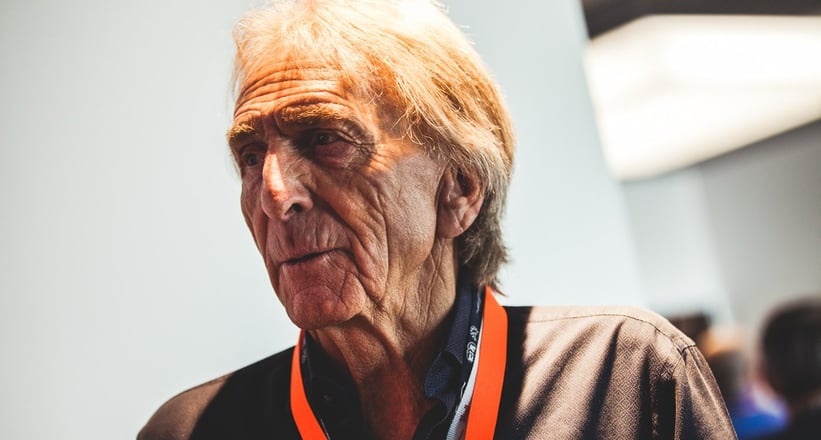
“I came here for the first time in 1966,” he continues, “and, to give an example of how things have changed in 50 years, at midnight, after practice had finished, we used to take the cars back to La Chartre-sur-le-Loir on the road.” Five-time Le Mans winner Derek Bell concurs, claiming the small five-car LMP1 category at this year’s race as one of the simple ways in which things have changed, particularly when, in the Group C era, the highest class would often comprise well over 30 cars.
“Jürgen Barth once put a grid together for a race in Kuala Lumpur, and there were 36 Group C cars,” he explains. “And the difference was that most of them had a chance of winning or getting on the podium.” At least for the time being, gone are the days when privateer entries could take the fight to the factory teams, particularly in the top flight, where the financial demands for a competitive car are simply impossible.
That’s entertainment
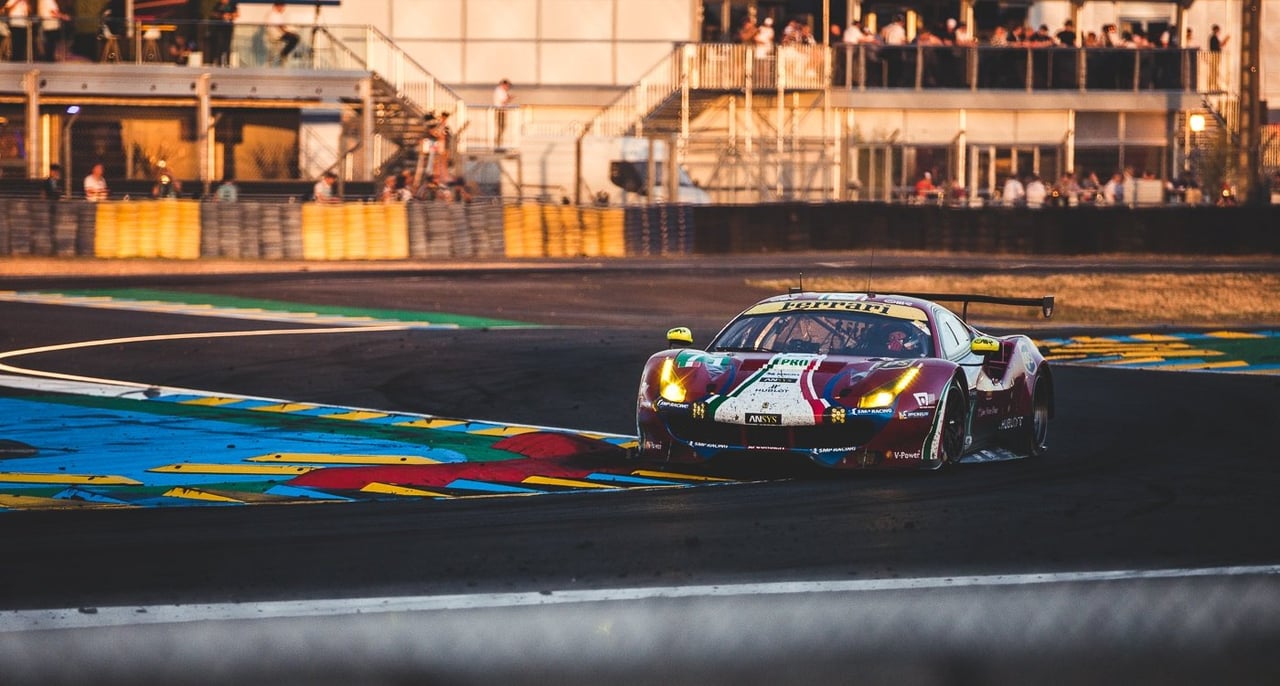
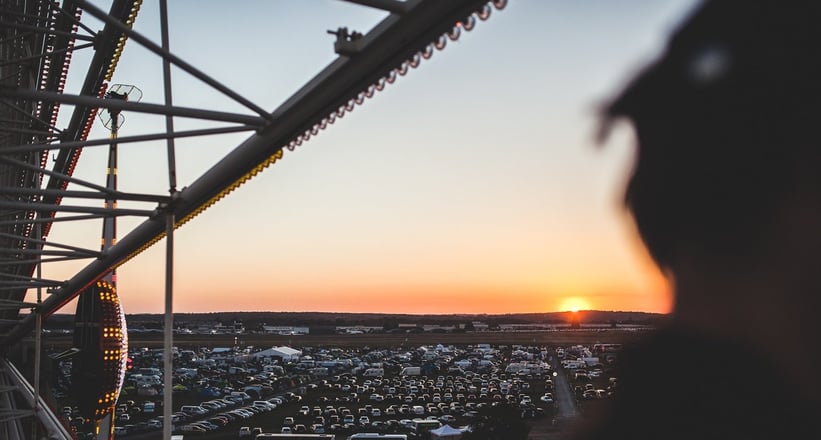
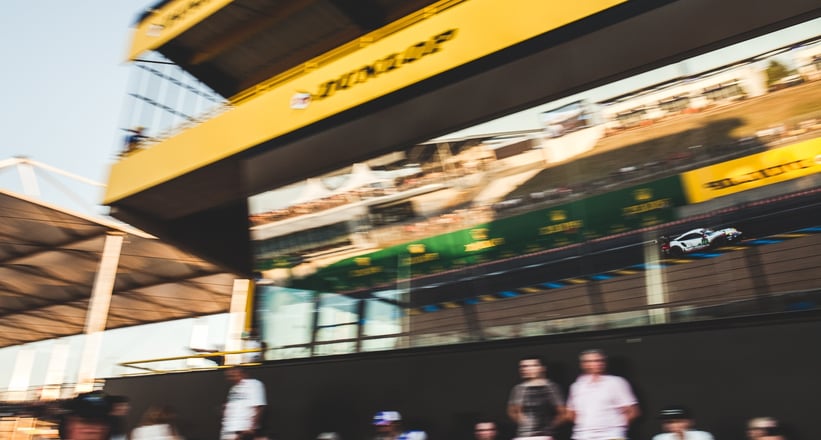
“We must never forget the other teams,” continues Bell, who’s keen to emphasise that racing is, first and foremost, an entertainment business. “In the 1980s, you or I could buy a 962 from Porsche for 350,000 dollars, which started with a key and you knew that it would bloody finish Le Mans!” With LMP1’s future in doubt, Ickx suggests even the biggest of companies will no longer fork out the hundreds of millions of euros to develop new technology. “The reason an LMP2 prototype is leading this race and the category is so strong is because the cars are affordable.”
Some things never change
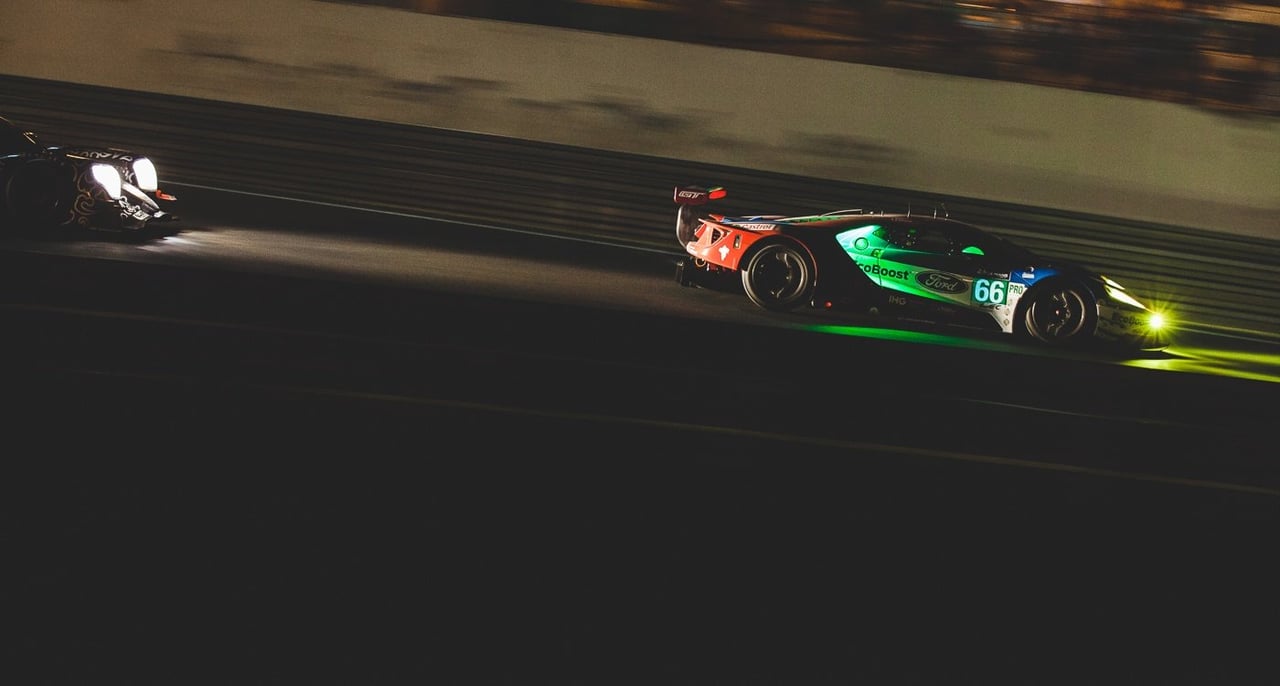
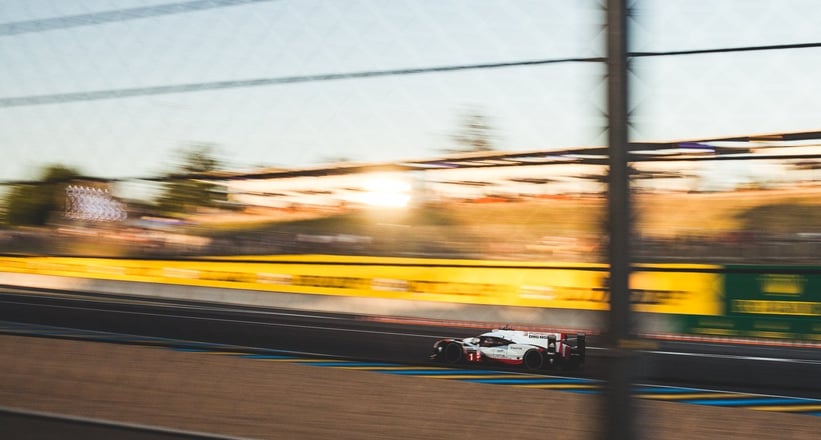
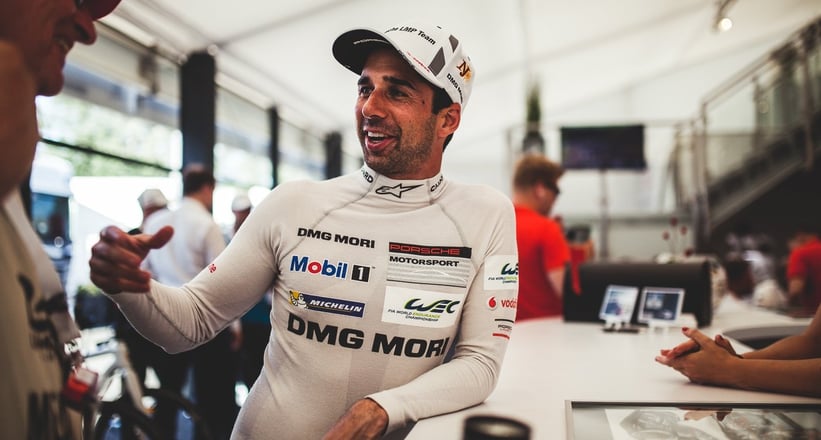
Of course, it’s all too easy to look back on those halcyon days and get caught up in a tidal wave of nostalgia, but the fact of the matter is that Le Mans still attracts over 200,000 people every year and continues, in our opinion, to be the most magical motor race in the world. And the legends couldn’t agree more. “Le Mans is special because it’s about so much more than the race,” comments Ickx. “The real action is on the campsites, where you’ve got the Danes, Brits, Germans, and even Americans barbequing and drinking beer, enjoying life and sharing their passion.”
Derek Bell, who is recognised and respected at Le Mans more than anywhere else in the world, also thinks it’s the people who make this great race so special. “I came here 26 times to race, and I lived here for a few months while we filmed the movie with Steve McQueen, so it’s sort of become my second home. When you go out on the town here, the enthusiasm and respect for us guys who raced is incredible.”
The way it was, the way it is
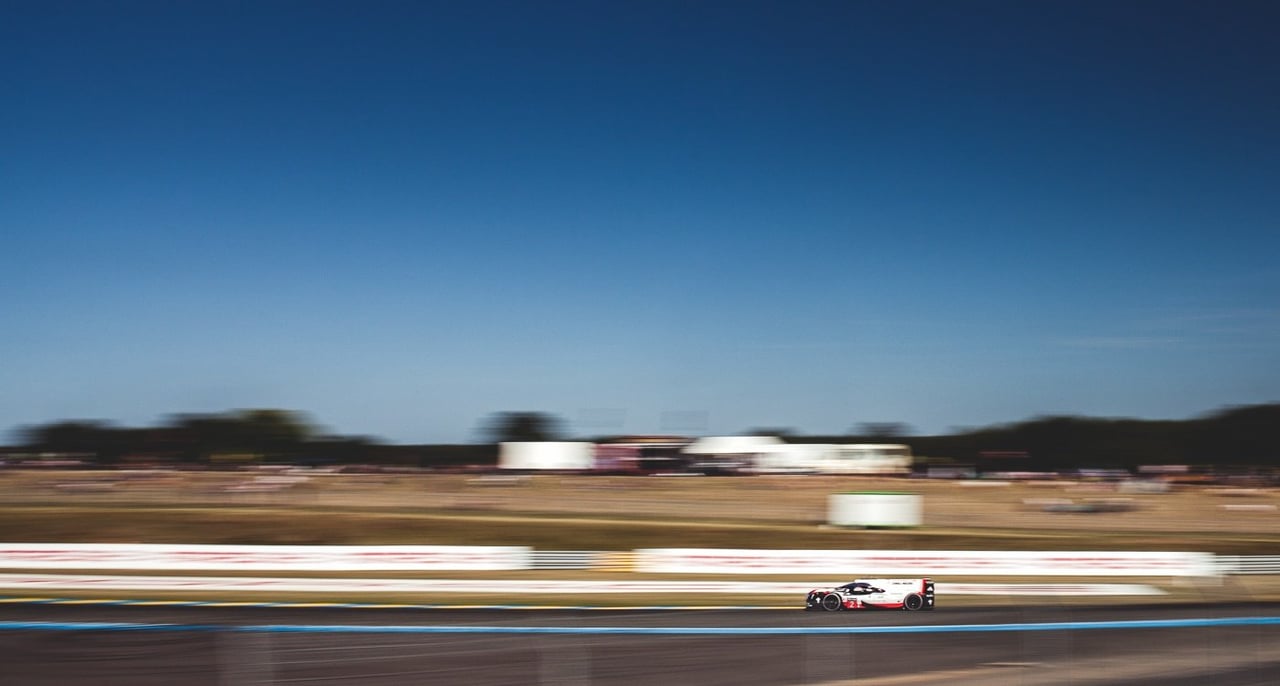
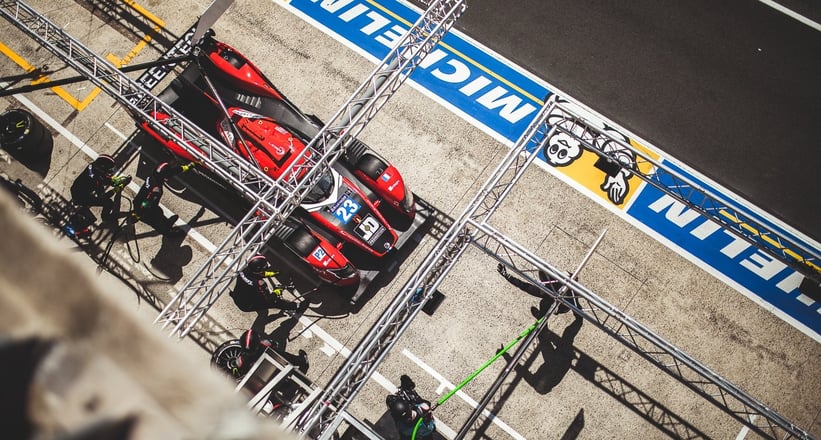
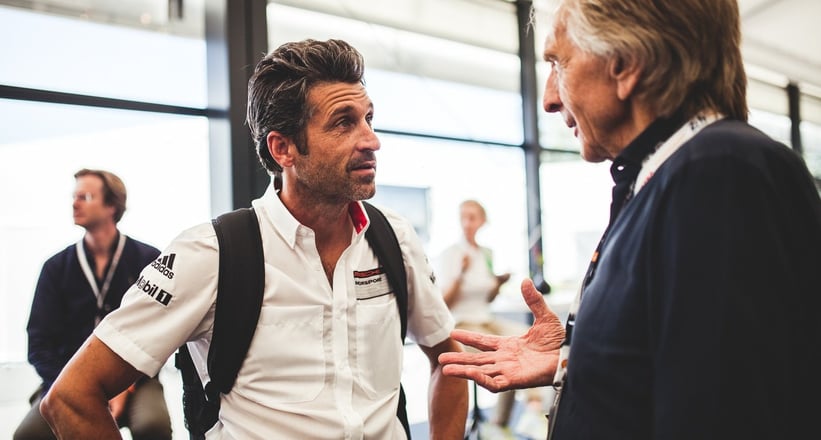
Sure, access to the car and drivers might be limited, and we’re being very well looked after by Porsche in its goliath hospitality centre, but there’s just something in the air here — something that’s impossible to describe but which stirs the soul unlike anywhere else. An anecdote from Jacky Ickx summarises it beautifully: “Today, I’ll have lunch here, in this wonderful facility, but with Ferrari in the 1960s, the mechanics would serve spaghetti and Lambrusco straight from the trucks — it’s something you can’t imagine now, but that’s the way it was.”
Photos: Mathieu Bonnevie for Classic Driver © 2017













































